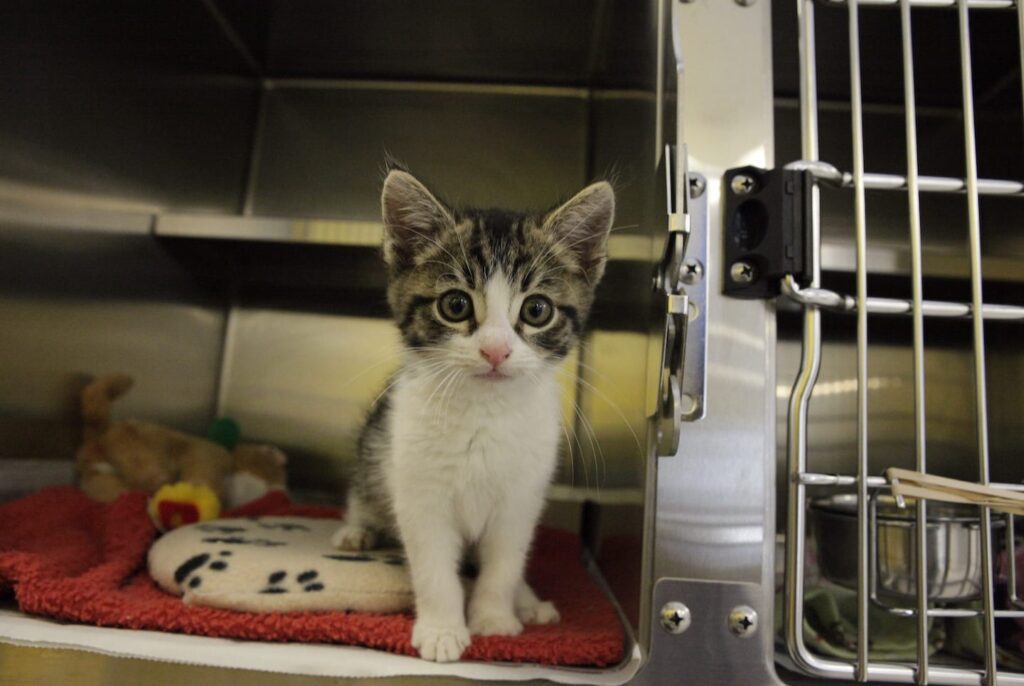Why Do Animals End Up in Animal Shelters?


Each year, many animals end up in animal shelters in the United States. Why do they end up there? The National Council on Pet Population Study and Policy (NCPPSP) researchers went into 12 selected animal shelters in the United States, and the AAHA (American Animal Hospital Association) published their findings for the top 10 reasons people say that they were surrendering an animal.
Keep in mind that this is only based on those animals that were surrendered by their owner. Many animals that end up at the shelter are picked up by animal control or found by a stranger and we cannot say why their owner abandoned them.
- Moving
- Landlord does not allow pet
- Too many animals in household
- Cost of pet maintenance
- Owner having personal problems/illness/death
- Inadequate facilities
- No homes available for litter mates
- Having no time for pet
- Pet illness(es)
- Biting
For cats, the reasons they found were the same, with the addition of:
- Cat allergies in the family
- House soiling
- Incompatibility with other pets
The other obvious reason that pets end up at animal shelters is that they get out of their yards or homes – and without pet identification. Animal control or a neighbor will bring them to the shelter. It’s a great reason to have a microchip and visible ID on your pet at all times. It also serves as a reminder that if you do find a loose animal, turn them into the shelter. If one of our dogs were lost, we wouldn’t think to check every neighbor’s garage, but we would run to the closest shelters to find them.
People who work at shelters love animals – they are not in it for the money and the glamour. Every single one of them wishes that their job was unnecessary and that people would be responsible with their pets. If they were writing to pet owners, they would ask all owners to get their animals sterilized. There are a multitude of places that offer free or low-cost spay or neuter, so price is not the issue. Dogs that are fixed are 4.5 times less likely to bite, and they have a lower risk of getting many types of diseases such as cancer.
It’s also important to have a plan for your pet. What will happen if you can no longer care for it? If the vet bills pile up? What steps are you taking to make your pet a good citizen of your community? Are you consistent about picking up their poop? Do you make sure that every stranger you meet on your walk is dog-friendly before you allow your dog to sniff them? Do you let your cat roam and use the neighborhood birds for snacks? These are the types of behaviors that discourage landlords from allowing pets. As pet owners, we need to take responsibility not just for our pets, but also our actions that help make the world more pet-friendly to our best friends!



